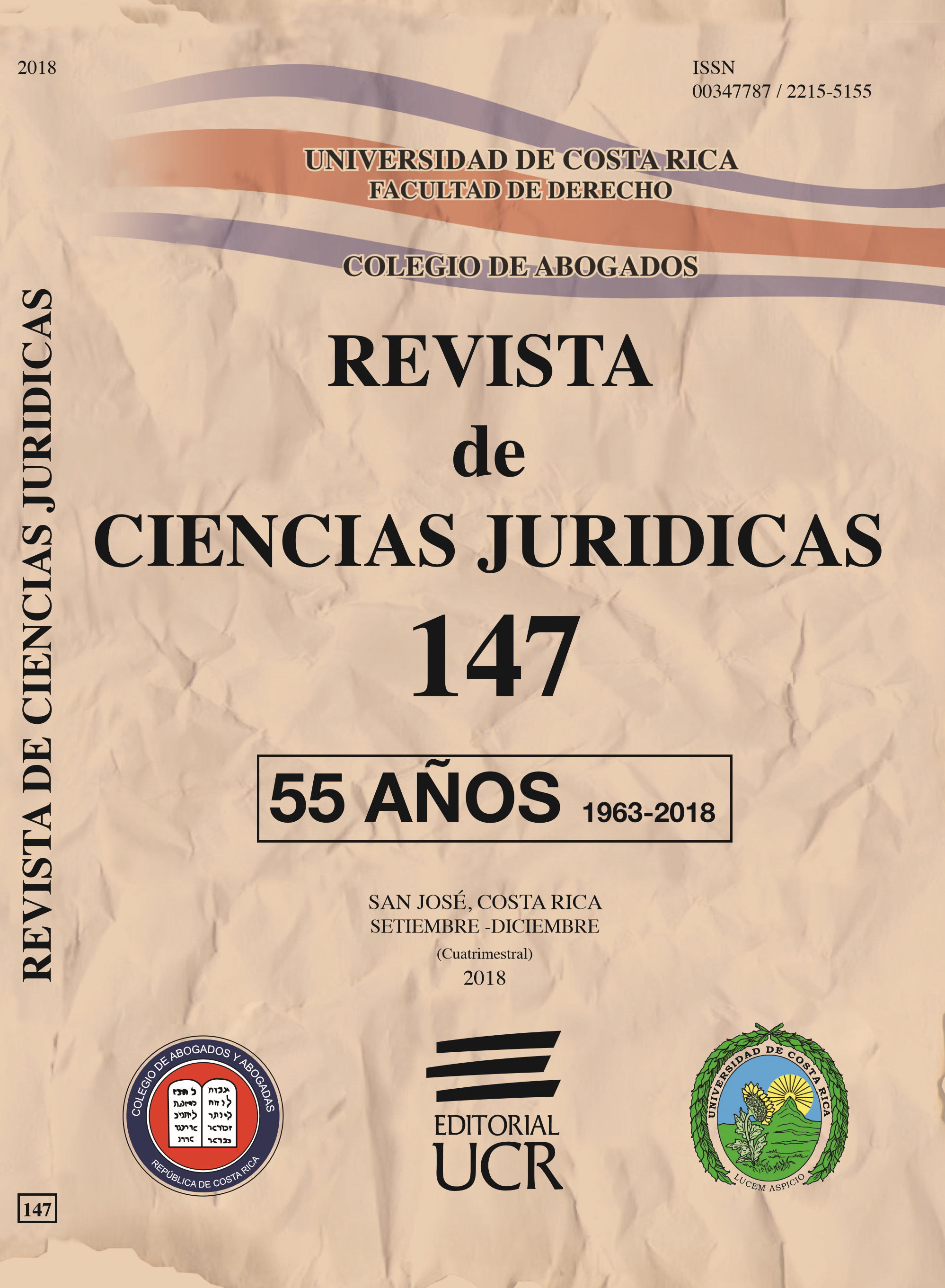Abstract
This paper analyzes the effectiveness of mediation in food assistance trials. Such an approach is justified in view of the high number of lawsuits for food assistance in the Courts of Children and Adolescents and, in this context, as a government policy to establish an quick and effective legal instrument at the service of the parties in conflict through mediation. The aim of this analysis is to uncover the effectiveness of mediation in food assistance trials. This is achieved through the analysis of the statistical data provided by the Mediation Directorate of the Third Judicial District of Itapúa and bibliographic analysis using a qualitative, non-experimental, descriptive method. The study demonstrated the effectiveness and efficiency of mediation in conflict resolution in the field of food assistance, and the advantages of mediation, such as: time, money and effort saving, creative solutions based on the parties’ real interests, control over outcome, preservation of all rights and, especially, preservation of the relationship, an essential requirement in family matters.

